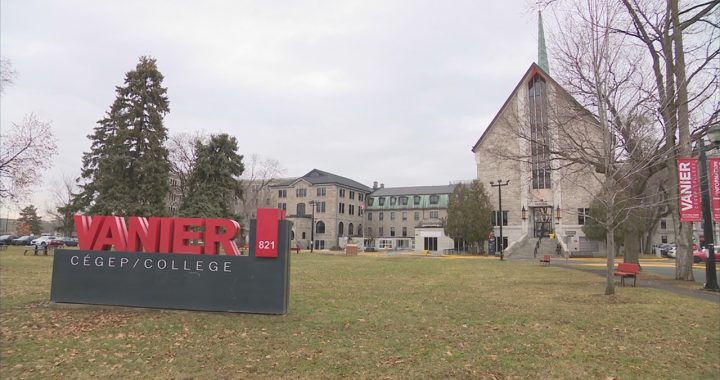
Questions about Latimer's identity erupted into controversy in December 2020 after publication of a CBC investigation. Photo: Facebook
Award-winning filmmaker Michelle Latimer has dropped her defamation lawsuit against the CBC and four of its journalists, APTN News has learned.
The documentarian and former director of CBC’s acclaimed Trickster series filed a notice of discontinuance in civil court on Oct. 25, having never served the defendants with a statement of claim.
Latimer had six months to serve the document on the CBC’s Angela Sterritt, Gillian Deacon, Jorge Barrera and Ka’nhehsí:io Deer after it was issued on April 23, according to Ontario Superior Court of Justice rules.
That deadline expired two days before the discontinuance was filed. The document doesn’t explain why Latimer opted not to litigate the case, and her attorney didn’t reply to a request for comment.
Latimer had sought $200,000 in punitive or exemplary damages for what she alleged was “malicious, high-handed and arrogant conduct” by the broadcaster in covering the controversy around her identity.
Latimer said she was of “Algonquin, Métis and French heritage, from Kitigan Zibi Anishinabeg (Maniwaki), Que.,” in an Aug. 14, 2020 National Film Board press release about her film Inconvenient Indian.
Four months later, CBC reported that members of the community, which sits about 100 km north of Ottawa, were scrutinizing the claim. The investigation included an independent genealogical reconstruction that found Latimer had two Indigenous ancestors dating back to the 17th century.
Latimer apologized, saying she made a mistake claiming community ties prematurely without verifying them. But scrutiny erupted into a scandal that sent shockwaves through the arts world and beyond, prompting heated public debate about Indigenous identity fraud.
The Globe and Mail published an opinion piece on the subject by Anishinaabe playwright Drew Hayden Taylor the day after the story broke. A few weeks later, Haida filmmaker Tamara Bell suggested new legislation, an Indigenous Identity Act, could be created to crack down on fraudsters and falsifiers.
Read More:
Filmmaker Michelle Latimer sues CBC for 200K in libel damages
Latimer remained silent, however, until May 11 when she published a 5,000-word blog post titled, “In my own words.” She gave an exclusive interview to The Globe on the same day.
While admittedly not a member of Kitigan Zibi, Latimer doubled down on her assertion of Indigenous identity, rebuffed her critics and warned about the dangers of cancel culture.
“My ancestral connections are in relation to the history of the mixed Algonquin/French Canadian population of the Baskatong region of the Gatineau Valley,” Latimer wrote. “My direct bloodlines have been verified by multiple professional genealogists using source documentation evidence.”
Baskatong was a small village 70 km north of Kitgan Zibi inhabited by Algonquins and French Canadians that was flooded in 1927 and ceases to exist, Latimer wrote.
What she did not write, however, was that she had already quietly filed the statement of claim that contained many of the same allegations and assertions.
The lawsuit claimed CBC’s reporting was “false and defamatory” and “created a false narrative that Ms. Latimer was an imposter who had gained advantage by claiming an Indigenous background that she did not have.”
Latimer alleged she lost two film contracts, was asked to return her DOC Institute Vanguard Award, lost two opportunities to adapt projects into film, had all submissions bearing her name at the Canadian Screen Awards disqualified and had Inconvenient Indian pulled from film festivals.
“Ms. Latimer is—and has always self-identified as—a non-status Indigenous person of Algonquin and European heritage,” said the libel suit, adding that “she was entitled to a measure of solitude as to the precise outline of her indigeneity.”
The Métis National Council does not recognize the existence of historic Métis communities in Quebec.
The organization has noted in the past that court cases launched by eastern Métis groups asserting Aboriginal rights have failed.
APTN reached out to the CBC but the broadcaster declined to comment










